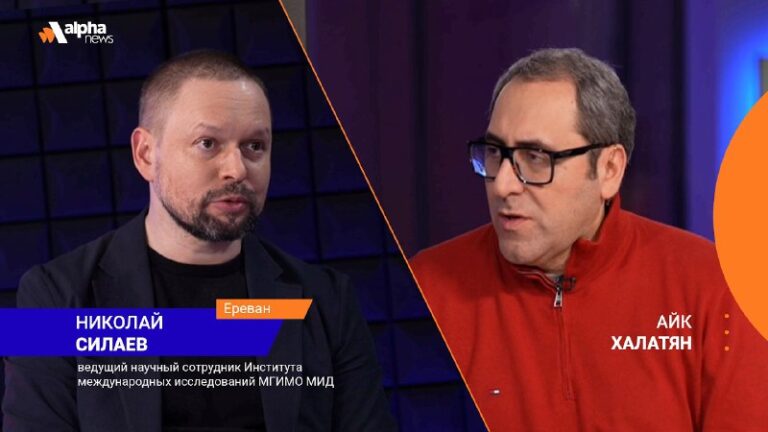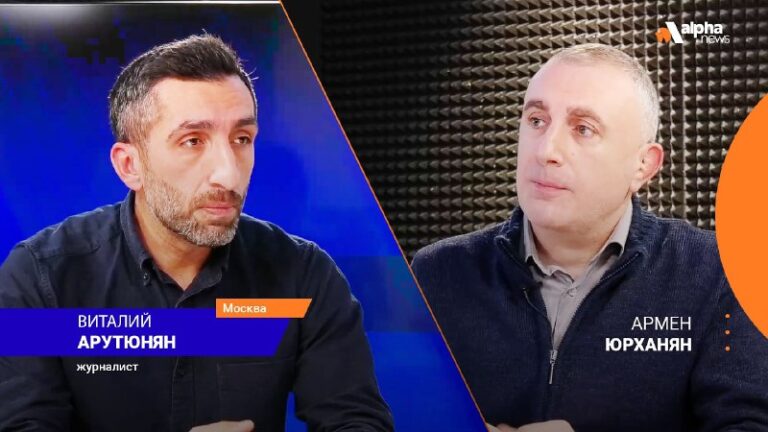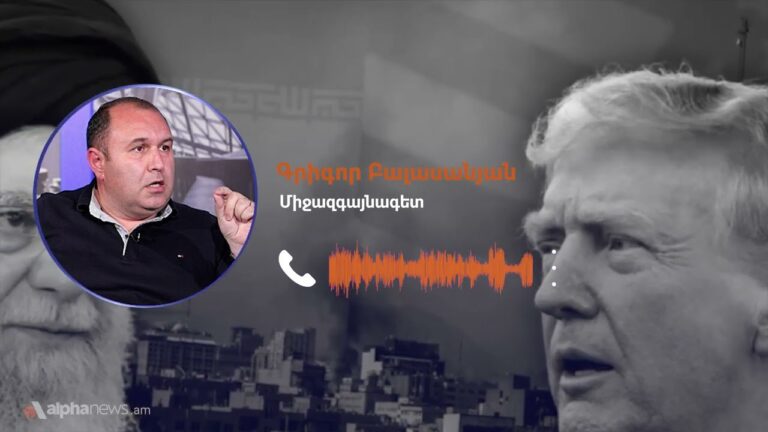Results of Moldovan referendum were a serious blow to Maia Sandu — Beniamin Poghosyan
The presidential election was held in Moldova on Sunday. In parallel with the election, citizens participated in the referendum on Moldova’s accession to the European Union. To do this, the country needs to amend its Constitution. However, the results of the referendum confirmed that at least half of the society in Moldova opposes European integration.
Alpha News discussed this topic with Beniamin Poghosyan, a senior expert at ARPI Armenia.
“If President Maia Sandu could have calculated the results of the referendum and knew that there would be such figures, she would probably have refused to hold the referendum, or at least the combination of the referendum with the presidential election. I am almost sure that the president hoped that at least 60 percent would vote for the inclusion in the Constitution of the respective clause on joining the European Union, which would show that her foreign policy has the support of at least a significant part of the population. We do not have it at the moment. In fact, the referendum was passed by a margin of only a few thousand votes, and this is at the expense of Moldovans, who live in the European Union, the US, and Canada,” Poghosyan said.
According to the expert, this situation may lead to the leaders of the European Union asking questions on how much the Moldovan authorities should be trusted and how much they control the situation in the country.
“This is a serious blow to Maia Sandu, and, in my opinion, it is also a serious blow to those circles of the European Union that support Moldova, or rather, support this particular government, because they will also have questions. I am sure that a different picture has been presented to European officials, that, of course, there will be a referendum, and the absolute majority of Moldovans will vote for the inclusion of the clause on accession to the European Union in the Constitution.
This may create a situation where the leaders of the same European Union will begin to have questions: how much should the Moldovan authorities be trusted, and how well do they know the situation in the country? And if in the future there are any proposals or analysis of the attitude of Moldovan society towards various issues, this will make the EU seriously doubt how much it can trust the Moldovan authorities in general,” Poghosyan concluded.







